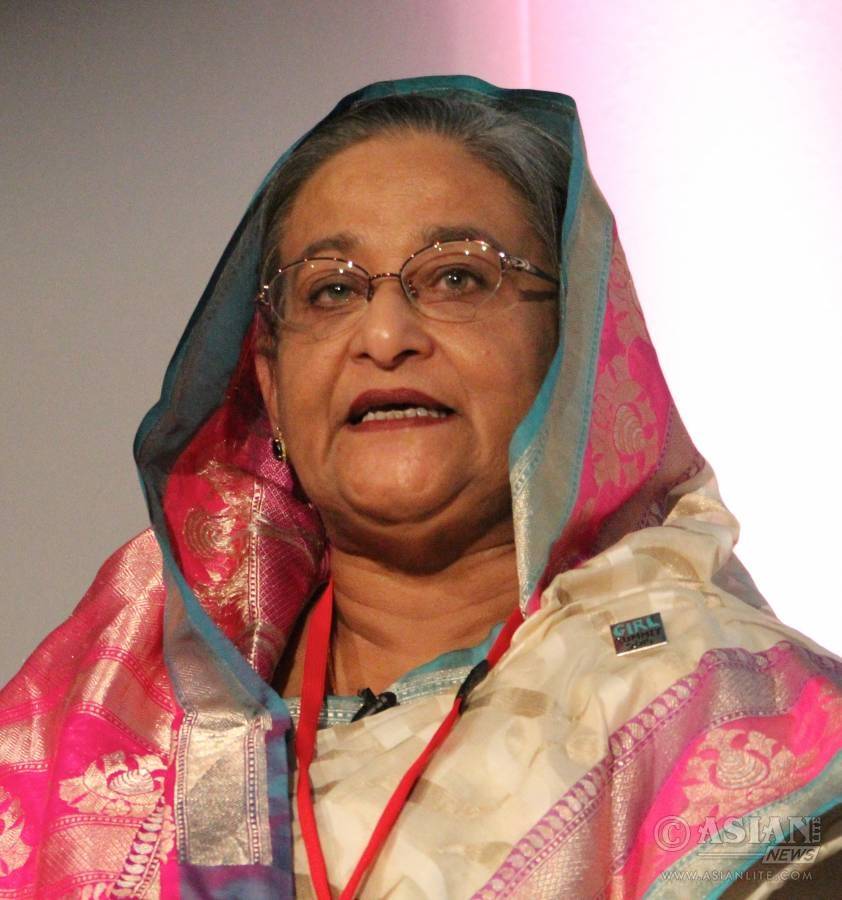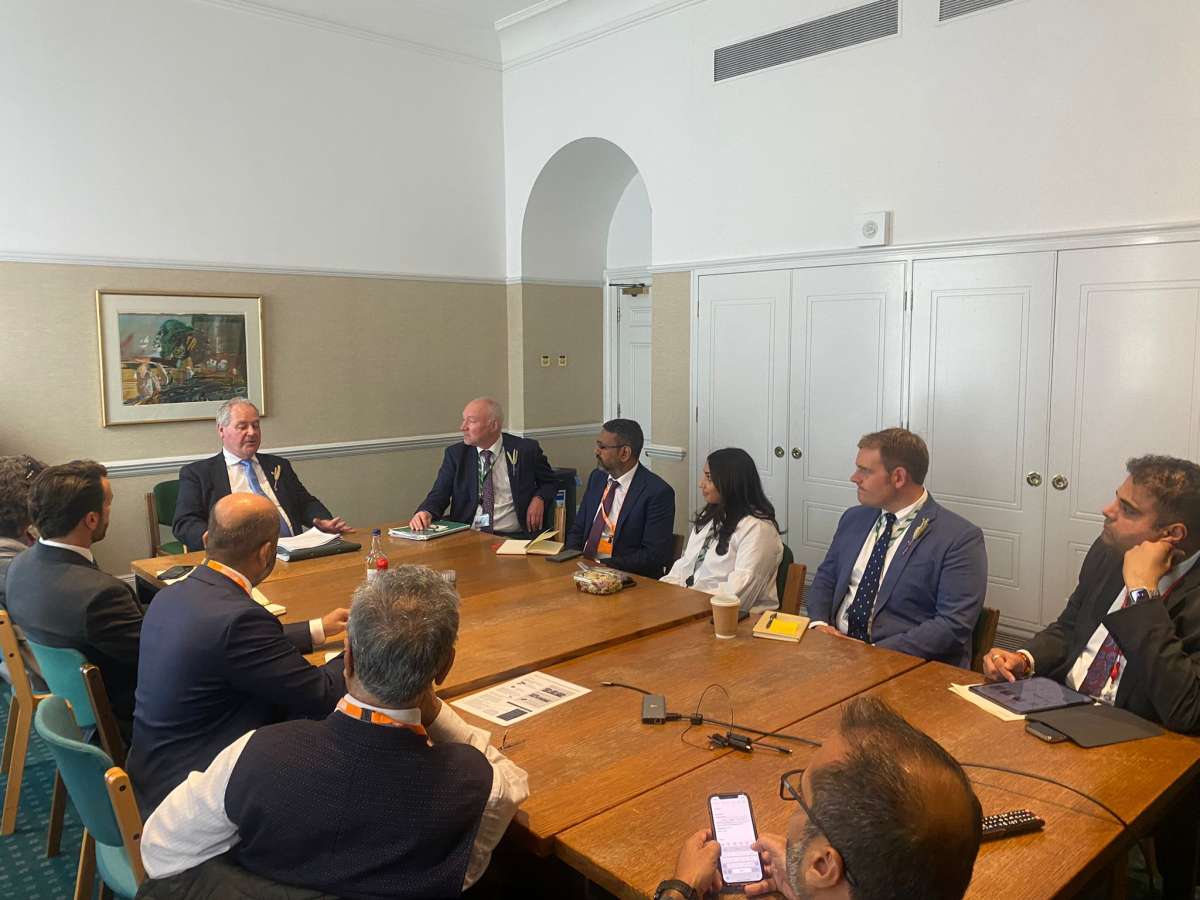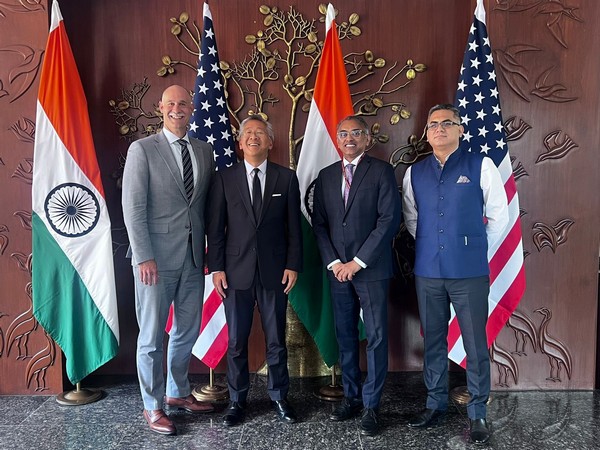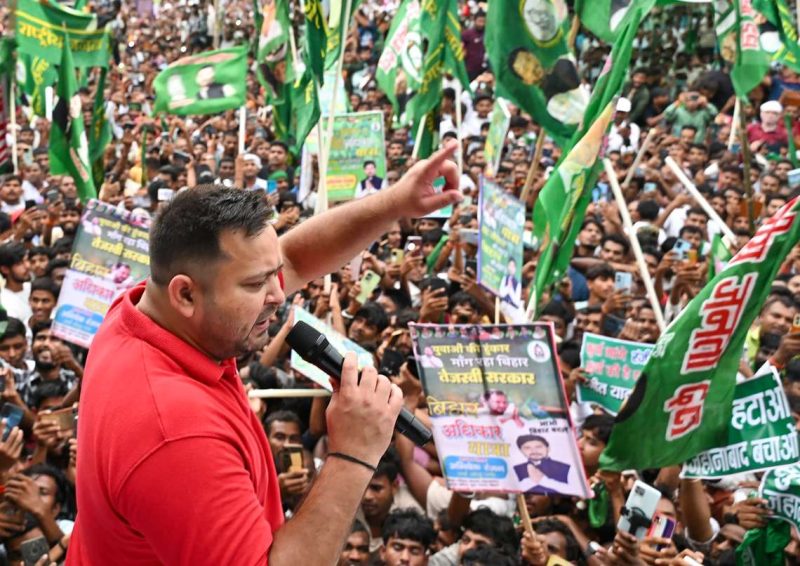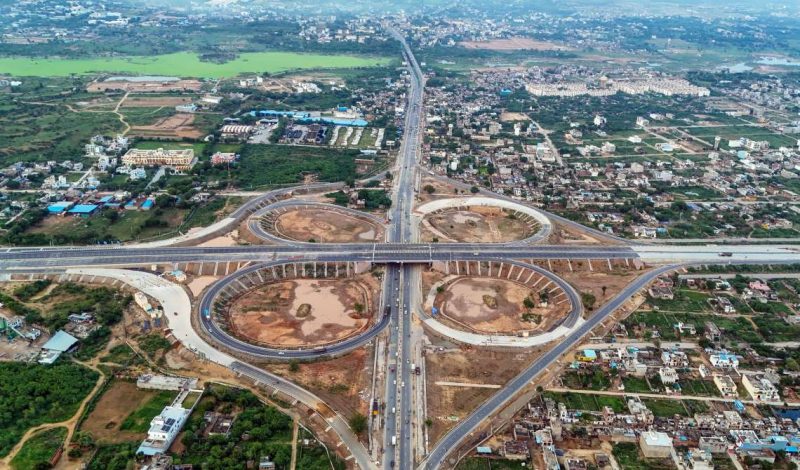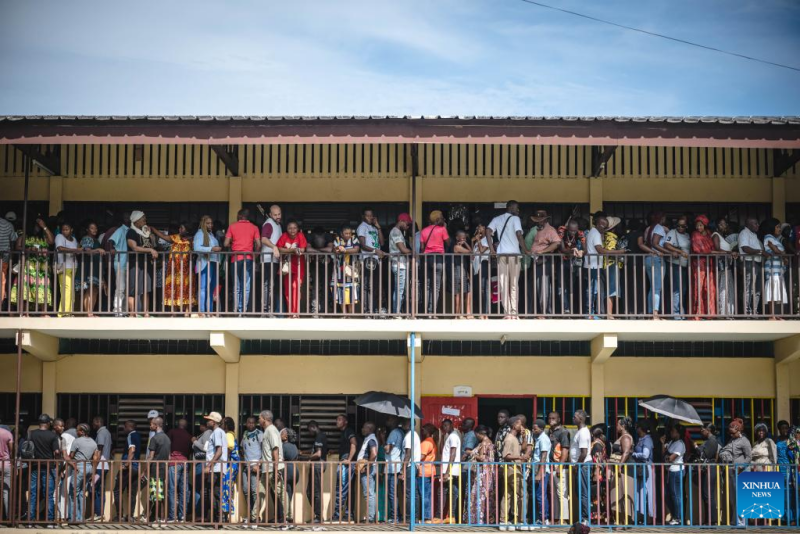Western efforts to replace Sheikh Hasina unintentionally strengthened Muslim Brotherhood in South Asia. The re-entry of Jamaat-e-Islami (JeI) into Bangladesh’s political landscape under Yunus’s administration, following the lifting of a previous ban, has similarly raised alarm. Jamaat-e-Islami, which has historical ties to Islamist movements like the Muslim Brotherhood, has expressed support for Yunus’s government, leading some to fear that this could lead to increased radicalization and a shift towards conservative Islamic policies.… A special report by Vaishali Basu Sharma
Recent political developments in Bangladesh have attracted significant international attention, with some observers suggesting that Western nations, particularly the United States, played a role in the transition of power that led to Sheikh Hasina’s exit from leadership. There has been speculation that the U.S. was involved in supporting Muhammad Yunus, Nobel Peace Prize laureate, as the head of the interim government.
Yunus, who has longstanding connections with the West, is well-regarded for his work in microfinance and social entrepreneurship. He has been honored with awards such as the U.S. Presidential Medal of Freedom and several honorary degrees from American universities. Western governments and organizations have worked closely with Yunus on initiatives aimed at promoting financial inclusion and social business.
Despite his international acclaim, concerns have arisen regarding Yunus’s ability to manage Bangladesh’s political and security landscape. Since Sheikh Hasina stepped down on August 5, there have been reports of increased violence in various regions of Bangladesh, including attacks on Hindu temples and the Ahmadiyya community. These incidents have raised questions about the government’s commitment to protecting minorities.
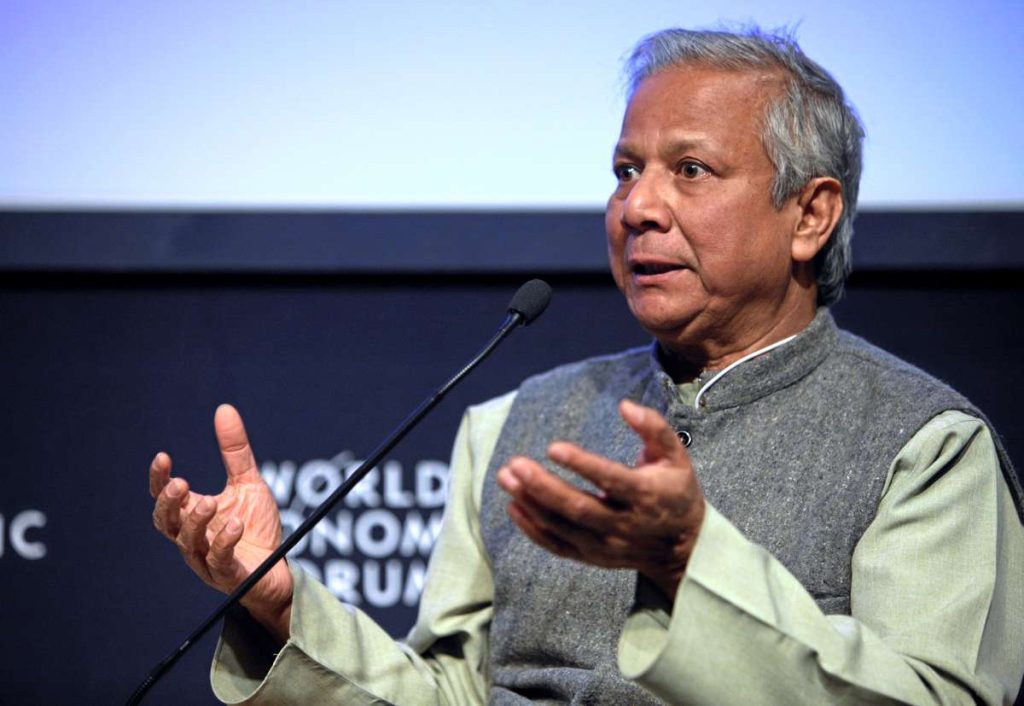
Yunus’s approach toward certain radical groups has also led to geopolitical concerns. His meeting with Mamunul Haque, a leader of Hefazat-e-Islam, has drawn significant attention, sparking debate about whether Yunus is offering space to Islamist factions within the political sphere. While some view this engagement as an attempt to maintain dialogue with all sectors of society, others are concerned that it could embolden radical groups.
The re-entry of Jamaat-e-Islami (JeI) into Bangladesh’s political landscape under Yunus’s administration, following the lifting of a previous ban, has similarly raised alarm. Jamaat-e-Islami, which has historical ties to Islamist movements like the Muslim Brotherhood, has expressed support for Yunus’s government, leading some to fear that this could lead to increased radicalization and a shift towards conservative Islamic policies.
Bangladesh’s challenges are compounded by regional security issues. There are growing concerns about connections between radical groups in Bangladesh and militant organizations in neighboring Myanmar. The Rohingya refugee camps in Bangladesh, which house displaced populations from Myanmar, have been identified as potential areas of recruitment for groups such as Jamaat-e-Islami and the Arakan Rohingya Salvation Army (ARSA). The cross-border influence of these groups threatens to escalate tensions and instability.
The United States, in its support for political transition in Bangladesh, may have inadvertently created an environment where Islamist factions are gaining influence. While Yunus has been positioned as a stabilizing figure by many in the West, his engagement with groups like Hefazat-e-Islam and the legitimization of Jamaat-e-Islami could result in long-term challenges. These groups, if empowered, could seek to advance conservative policies, affecting areas such as education, gender equality, and social norms, thereby increasing polarization within Bangladeshi society.
The potential for further radicalization in Bangladesh not only poses risks to its internal stability but also has implications for regional security. As these groups gain political leverage, the possibility of a broader shift towards conservative Islamist policies in South Asia grows, with significant consequences for Bangladesh’s relations with its neighbors and international partners.
As Bangladesh navigates this complex political landscape, Yunus’s leadership will be crucial in determining whether the country can maintain its secular foundation or if the rise of conservative elements will lead to increased social tensions and instability. The international community, particularly Western nations, will need to carefully monitor these developments and consider the broader regional implications of political shifts in Bangladesh.


